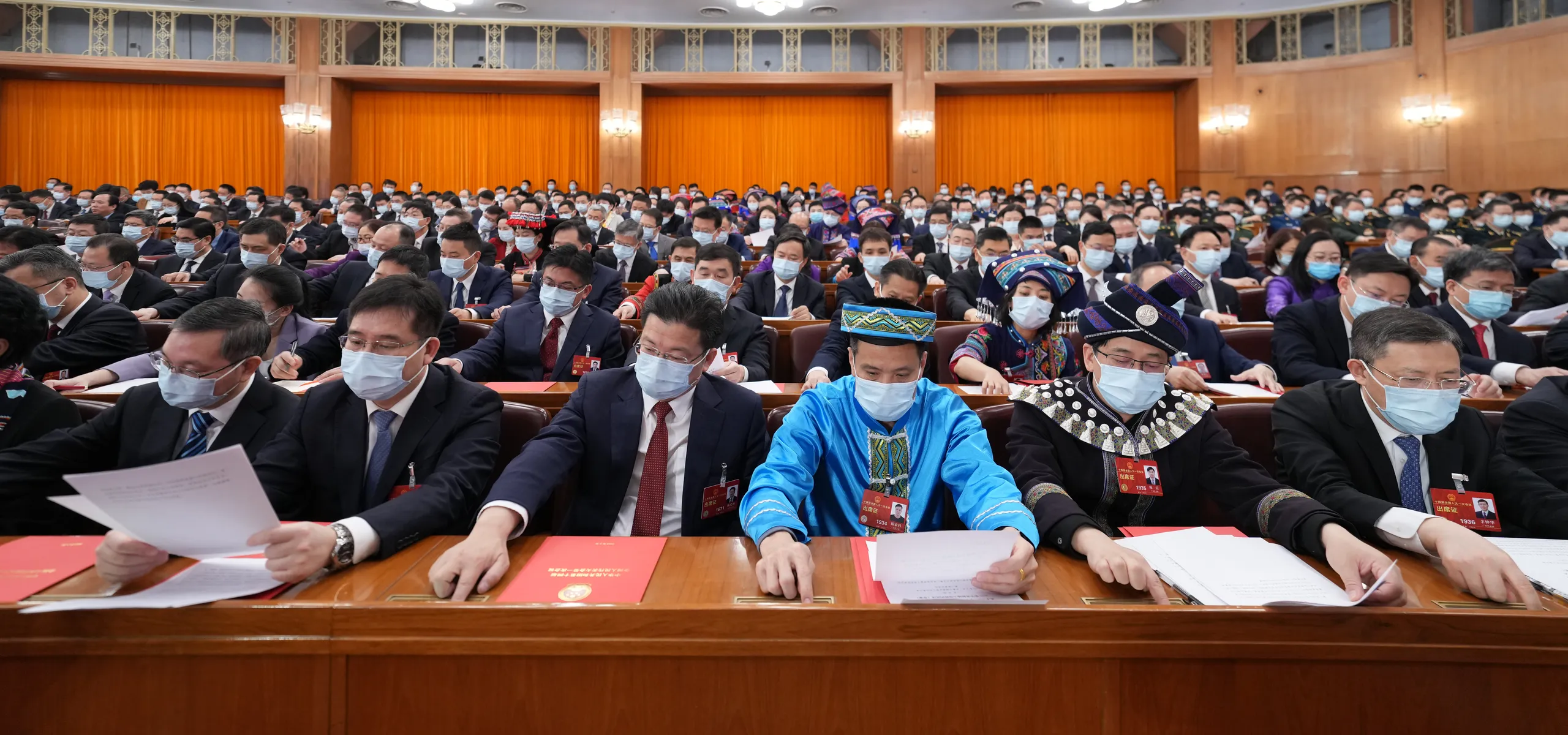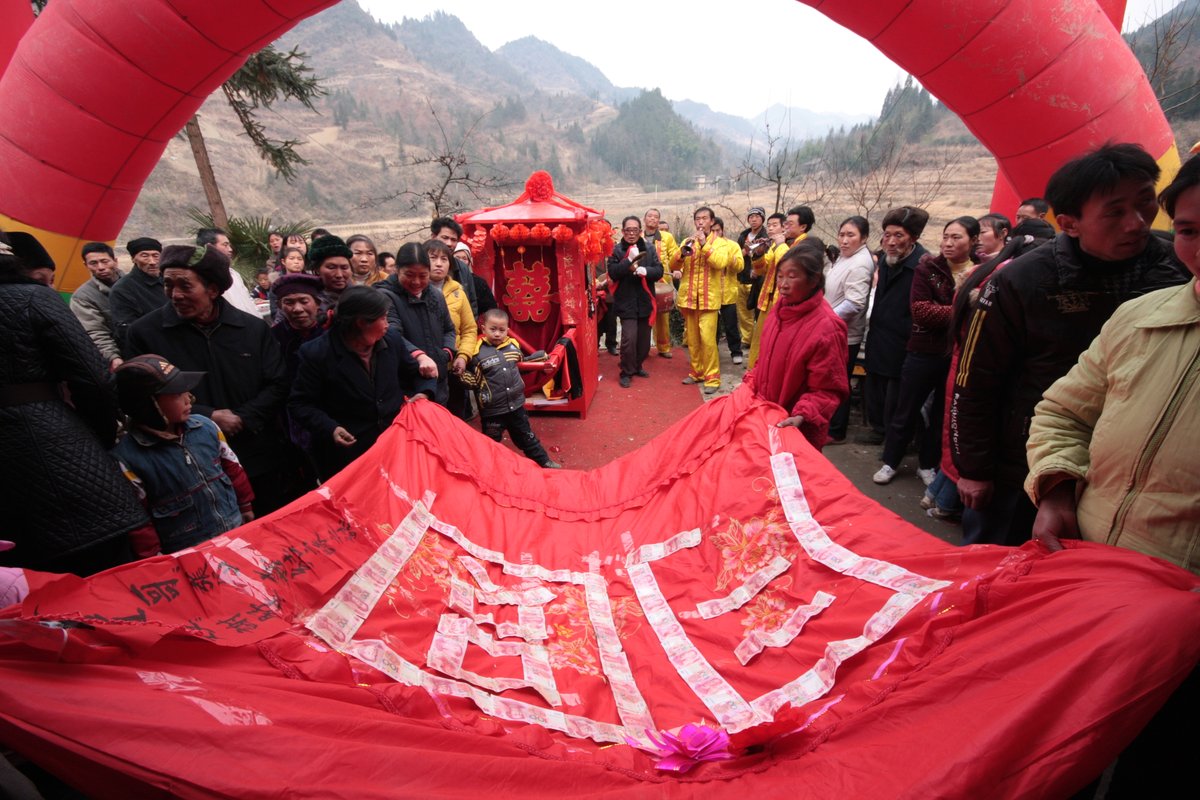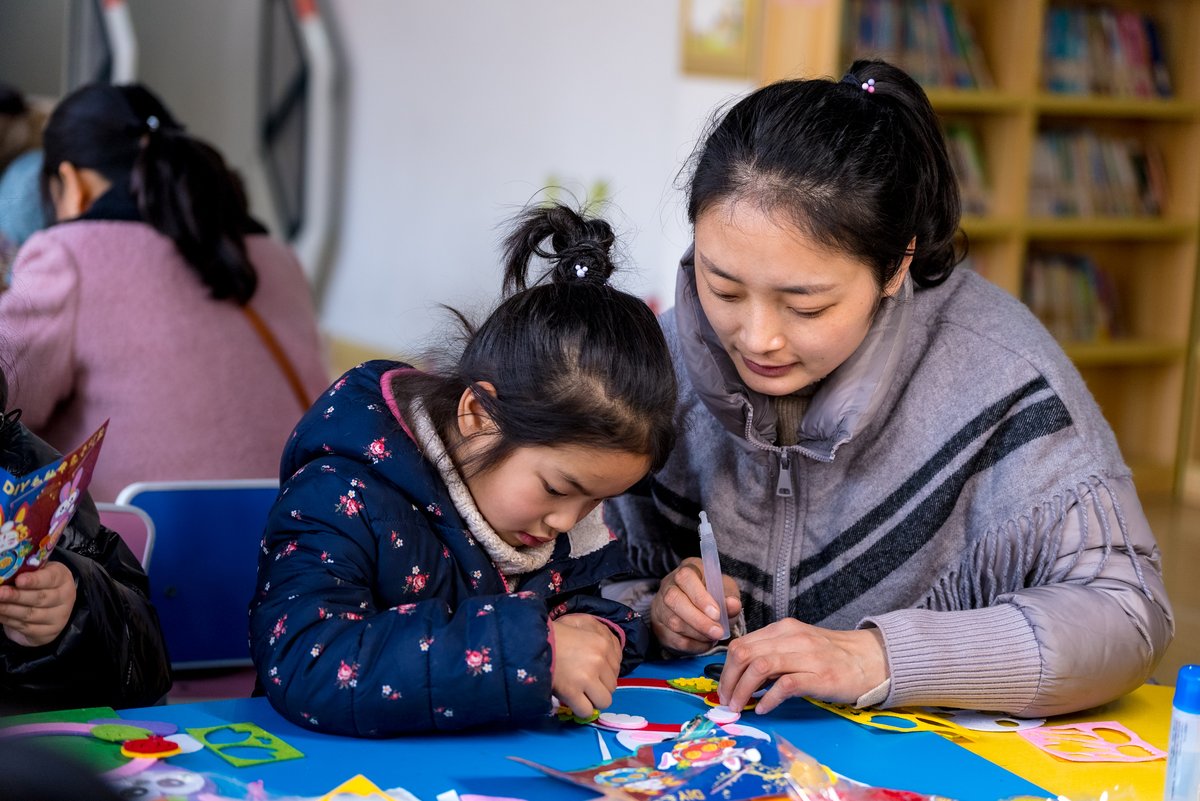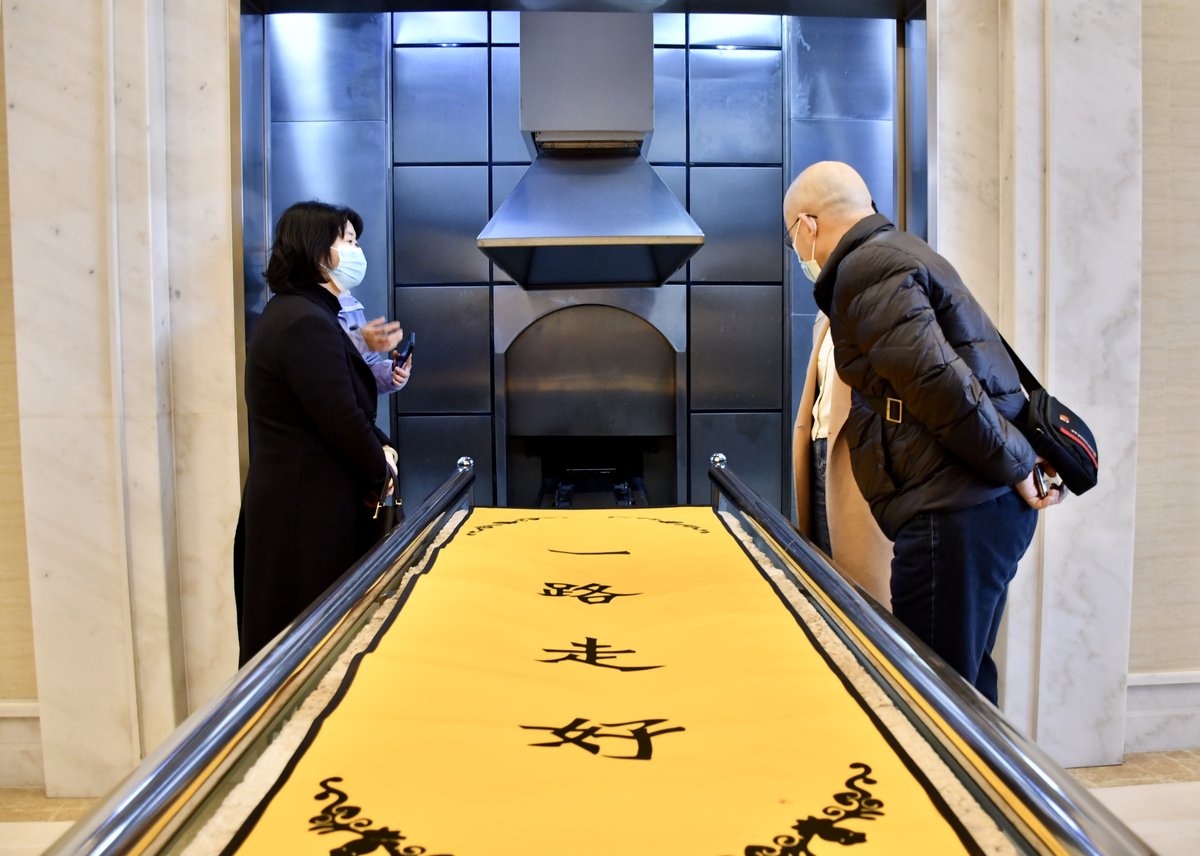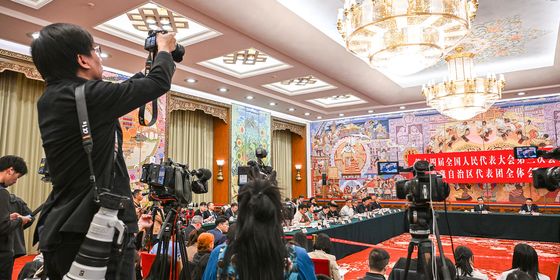Some of the most notable and controversial proposals from the annual meetings of China’s legislative bodies
After a momentous year in which Covid policies dominated the headlines, representatives from China’s National People’s Congress (NPC) and members of the Chinese People’s Political Consultative Conference (CPPCC) are attending their annual gathering as China opens up again in 2023.
The “Two Sessions”—the annual parliamentary meetings that gather delegates from across China to discuss and approve national priorities—have seen politicians give substantial speeches on everything from foreign policy to economic outlooks. But the meetings are also a time for delegates to put forward their own ideas. Some appear at least well-considered, like plans to reduce work hours or reign in cyberbullying, though others have been controversial, like plans to change holidays.
Here are some of the most hotly debated and strangest proposals put forward by NPC representatives and members of the CPPCC this year:
Marriage and Family
Chinese policymakers have tried various ways—for example the infamous “divorce cool-off period”—to stem what they perceive as a worrying increase in divorce rates in the country. The latest proposal by the Revolutionary Committee of the Nationalist Party suggests not allowing couples with children under the age of 10 to petition for a consensual divorce (they can presumably still sue for non-consensual divorce through the courts). For couples with children who are over 10, but are not yet legal adults, the proposal calls for the children to be asked their opinion before the parents can proceed with a consensual divorce.
Skyrocketing “bride price,” or caili (彩礼), has made national headlines nearly as often as divorce rates recently. Often viewed as one of the major obstacles for young people in rural China to get married, central and local governments have made various efforts over the years to “educate” villagers to abandon the practice. During this year’s CPPCC, the All-China Women’s Federation (ACWF), the state-sponsored organization representing women’s rights, proposed to a cap on bride price in village regulations. CPPCC member Wu Haiying from the ACWF also suggested local government publicity departments produce a series of “cultural products” promoting examples of unions made without caili and promote the idea of “working together towards happiness as a couple after marriage.”
In an even stranger move toward “equality,” CPPCC member Sun Jianfang has proposed criminalizing prostitution and group sexual activities between males—currently, such activities are only outlawed among opposite sexes. According to Sun, HIV/AIDS infection rates have increased almost ten-fold since 2006, with the virus spreading the fastest among gay men. Ye Bei, spokesperson of the Zhitong Guangzhou LGBT Center has criticized this proposal for perpetuating the stereotype that HIV/AIDS is a problem that affects only gay men.
Work and Leisure
CPPCC member Jiang Shengnan announced her solution to China’s slowing birthrate: ending overtime for workers. Jiang said young people are so busy at work that they don’t have time to have children, or feel job insecurity that makes having children too risky. She proposed “fully implementing the 8-hour work system.” It won’t only improve the birth rate, she claims, but will also give workers more time for recreation and self-study. Netizens were mostly keen to end overtime, with many taking Jiang’s suggestion as an opportunity to vent about their own work. One comment on Weibo read: “Every day when I get home from work I feel like a cloth that’s been rung dry, I just lie there and barely have the strength to move.”
Another proposal on work would revolutionize weekends and holidays each year. CPPCC member Xiong Shuilong proposed changing the current two-day weekend to alternating one-day weekends and three-day weekends. He says this will allow workers more time to travel while avoiding crowds, heavy traffic, and other travel-related issues during festivals like Mid-Autumn Festival and Labor Day. Similarly, Wei Qin, an NPC representative, suggested one-day weekends in the first weeks of a month and then a five-day holiday at the month’s end, to boost tourism and other related industries. Zhao Wanping, another NPC representative, proposed lengthening the seven-day Spring Festival holiday to nine days without any make-up work days so people have more time for family reunions. While opinions on the first two proposals are divided, Zhao’s has been universally welcomed by the work force.
Culture
Pan Baochun, an NPC representative and businessman from Hefei, Anhui province, advocated for legislation to standardize the burial industry, as a reaction to skyrocketing prices for graveyard spots, burial services, and other death-related products. Pan’s proposal called for transparent pricing on offerings, as well as free graves and cremation urns for all.
A less somber proposal came from spokespersons for several brands of the famous Chinese hard liquor baijiu, who called for China to apply for UNESCO World Intangible Heritage status for the craft of producing the drink. Unsurprisingly, these representatives played up the complexity of the procedure and its connections to Chinese history and food cultures, hoping that becoming a World Intangible Heritage would help baijiu reach an international market. Cheers to that.





